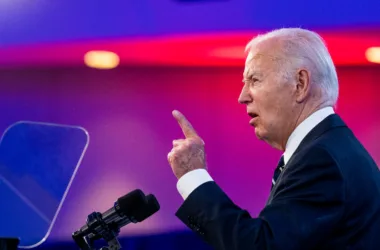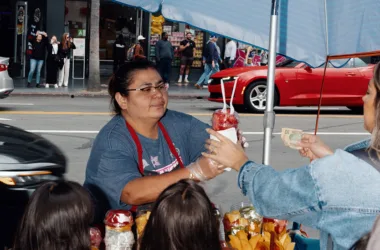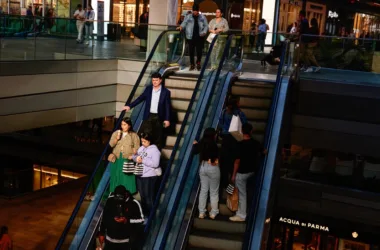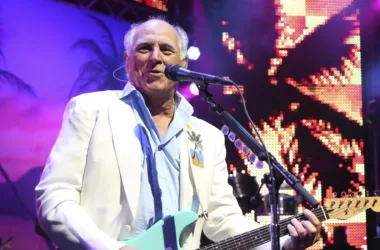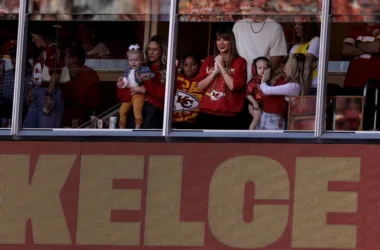Black Americans and baby boomers are the least likely adults to celebrate Halloween, but for different reasons, recent market data shows.
The Collage Group, a consumer research company based in Bethesda, Maryland, reported this week that just 55% of Blacks and 56% of boomers responding to a survey said they observe the Oct. 31 holiday in any way, compared to more than 7 in 10 adults overall.
By comparison, 75% of White adults, 71% of Hispanics and 60% of Asians said they participate in the annual festival of ghouls and goblins — as did 84% of Generation Z young adults, 81% of millennials and 69% of Generation X members.
According to researchers who conducted the survey of 3,883 adults in March, Black Americans check out due to perceived racism at Halloween activities, including revelers wearing blackface. Meanwhile, many baby boomers have withdrawn because they no longer have school-aged children to motivate them.
“There have been issues with the way Halloween is celebrated in America that can make Black Americans less inclined to want to participate, including racist Halloween costumes and decorations,” Sudipti Kumar, Collage’s director of multicultural insights, told The Washington Times.
“There is also the faith element,” she added. “The Black segment is more spiritual and religious, and Halloween‘s pagan roots may not sit well with some families.”
Jack Mackinnon, Collage’s senior director of cultural insights, said participation in activities such as trick-or-treating, house decorations and pumpkin-carving tends to be highest — not surprisingly — among young adults and parents with small children.
“The Gen X segment still has children that get them involved in the holiday, while millennials are in the thick of it, and Gen Z are still ‘kids’ with many going to Halloween parties,” Mr. Mackinnon said. “Boomers, on the other hand, don’t have those multitudes of reasons to be as involved in the celebration.”
According to Collage, this year’s figures were consistent with the company’s past biennial surveys.
The only exception was a slight increase from 2021 to 2023 among White Americans observing the holiday, which Mr. Mackinnon attributed to more families returning to in-person events after COVID-19 restrictions.
The report also found racial discrepancies in how adults plan to celebrate the upcoming holiday.
More than six in 10 adults said they give out candy, the most popular form of participation among all ages and racial groups.
Over half of those surveyed said they watch Halloween movies or TV specials or decorate their homes, while more than four in 10 dress up in costume and roughly three in 10 attend a costume party.
Watching Halloween movies was more common among White (62%) and Black (58%) adults than others, making it the top holiday activity for the latter group.
Hispanics had the strongest preference for dressing up in costume (52%) and trick-or-treating (49%). Handing out candy was the top activity for Asian and White adults alike, with 70% of both groups saying they do it.
House decorating was the most popular among White and Hispanic adults, with 58% of both groups saying they spooked up their homes.
According to the survey, chocolate and peanut butter were the preferred Halloween sweets of most adults of all ages. White adults favored “chocolate and peanut butter,” Asians favored “chocolate only” and Blacks and Hispanics favored lollipops.
The data suggests Halloween will continue to enjoy popularity for “the foreseeable future,” said Demissew Ejara, a finance professor and market analyst at the University of New Haven in Connecticut.
“Halloween’s historical root is in Europe and it makes sense if more people of European origin celebrate it,” Mr. Ejara said in an email. “But many cultures celebrate Halloween-type holidays across the globe and there is no reason to expect any decline in the celebration in the U.S.”

